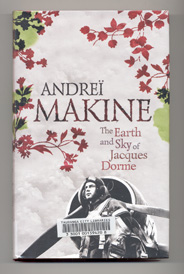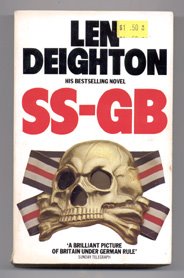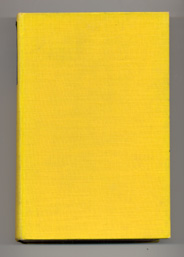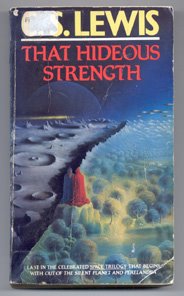
i did it. i read 'war and peace'. my cunning plan of reading the 'books' of war and peace interspersed with other books (to keep up my interest) paid off, and about nine months after starting, i finished.
my pleasant surprise was that war and peace is actually a cracking good book. it is such a vast and masterful work of art - combining the society intrigues of victorian novels (by austen and hardy etc) with gritty narratives about napoleonic warfare.
to quote tolstoy (from an article that he published about the novel), "I have spent five years of uninterrupted and exceptionally strenuous labour under the best conditions of life [on this work]." tolstoy doesn't hold back, and he achieves a work of grandeur that succeeds in holding the reader's attention through action and character studies.
my tactic of reading other books in between probably helped, but i actually found that i was pleased to get back to war and peace.
for tolstoy the reason for writing such a book was not mainly to entertain his readers. he had a theory about history that he was evidently very committed to demonstrating.
tolstoy says that war and peace "is not a novel, even less is it a poem, and still less an historical chronicle" [although it quite clearly contains elements of all these]. "War and Peace is what the author wished and was able to express in the form in which it was expressed."
the concept that tolstoy wants to communicate is this:
"The movement of nations is caused not by power, nor by intellectual activity, nor even by a combination of the two ... but by the activity of
all the people who participate in the events... Morally the wielder of power appears to cause the event, physically it is those who submit to the power. But as the moral activity is inconceivable without the physical, the cause of the event is neither in the one nor in the other, but in the union of the two." (from the epilogue)
this is why war and peace has a cast of over 500 characters. each of them has a role to play in history, actions have ramifications. but at the same time the characters are also swept along by the events of history - participants and victims, as it were.
the only time when the narrative really slows in the book is at the end when tolstoy puts together all his thoughts about history in essay form, just in case the reader has missed the point. this break from narrative is a bit of an anticlimax but i suppose it is necessary given tolstoy's primary aims for the book. this ending shouldn't stand in the way of you reading it if you're not a history student - it comes at the very end as an epilogue, so doesn't interfere with the narrative.
all up, brilliant. highly recommended.
read more about 'war and peace' on
wikipedia.
warandpeace-o-meter: finished!
Labels: andrew killick, classics, favourites, fiction, leo tolstoy, russian
















